
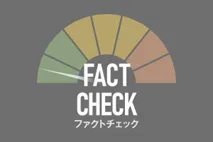
Asahi Shimbun Enhances Fact-Checking Efforts to Counter Misinformation Online
Asahi Shimbun Strengthens Fact-Checking Initiatives
Asahi Shimbun, led by President Katsuhito Kakuda, is ramping up its efforts to combat misinformation and fake news on the internet. A newly established "Fact-Checking Editorial Department" will serve as a command center, uniting the editorial division in this crucial mission. Previously, their verification mainly focused on public statements made by politicians, but the scope has now expanded to include false information circulating online. This initiative aims to safeguard a healthy public discourse, which is fundamental to a functioning democracy.
Understanding Fact-Checking
Fact-checking involves verifying the authenticity of statements made by public figures or widely circulated information on the internet that may have significant social implications. The aim is to ascertain whether these claims are grounded in facts. By doing so, the Asahi Shimbun hopes to contribute to a more informed electorate in the upcoming Tokyo Metropolitan Assembly elections in June and the House of Councillors elections in July.
Principles of the International Fact-Checking Network (IFCN)
At the heart of their approach are the five principles outlined by the International Fact-Checking Network (IFCN):
1. Non-partisanship and fairness
2. Transparency of information sources
3. Transparency of funding and organizations
4. Transparency of verification methodologies
5. Open and honest correction policies
A New Era in Fact-Checking
The newly appointed editor-in-chief, Kazuyo Nakamura, emphasizes a transformative shift in the way fact-checking is conducted. The initiative is no longer limited to the political department; the entire editorial team is now being mobilized to support fact-checking efforts. The slogan “Everyone is a Fact-Checker” encapsulates this new philosophy. Nakamura, who will concurrently serve as the editor, has spent years handling issues related to media and social platforms. She expresses a keen desire to confront the rapid spread of false information by providing clear evidence of what is factual.
Comments from Editor-in-Chief Kosuke Kasuga
Kosuke Kasuga, General Editor and Head of the Tokyo Headquarters Editorial Department, highlights the dramatic changes in the media landscape. With everyone able to freely disseminate information via social media, the information landscape has expanded significantly. While this development is predominantly positive, it also paves the way for the proliferation of inaccurate or unverifiable information. Under these new conditions, Kasuga believes it is essential for news organizations to leverage their accumulated expertise through the activities of the Fact-Checking Editorial Department. This initiative is a step towards cultivating a healthier discourse.
Introducing New Verification Standards
As of September 2021, Asahi Shimbun has been adhering to a nine-tiered verification system developed by the nonprofit organization Fact-Check Initiative. With the reinforcement of their structure, they are now implementing their unique eight-tiered verification criteria. This enhanced approach will extend to scrutinizing the authenticity of images, videos, and audio materials.
A Pioneer in Fact-Checking
Asahi Shimbun was the first major media organization in Japan to begin fact-checking activities back in October 2016, and it has since conducted around 60 fact-checks. The organization is committed to actively pursuing more fact-checking initiatives in the future. Collaboration with other media entities to share information and best practices regarding fact-checking will also be a priority, enhancing the overall effort to limit the spread of misinformation in society.
For more detailed content around fact-checking, readers can visit their dedicated feature page: Fact-Checking Special Page.
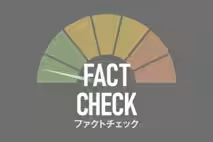

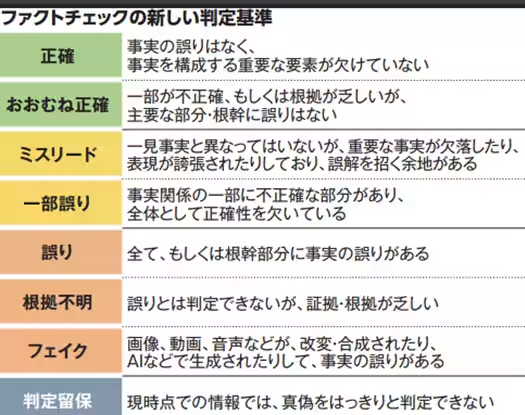
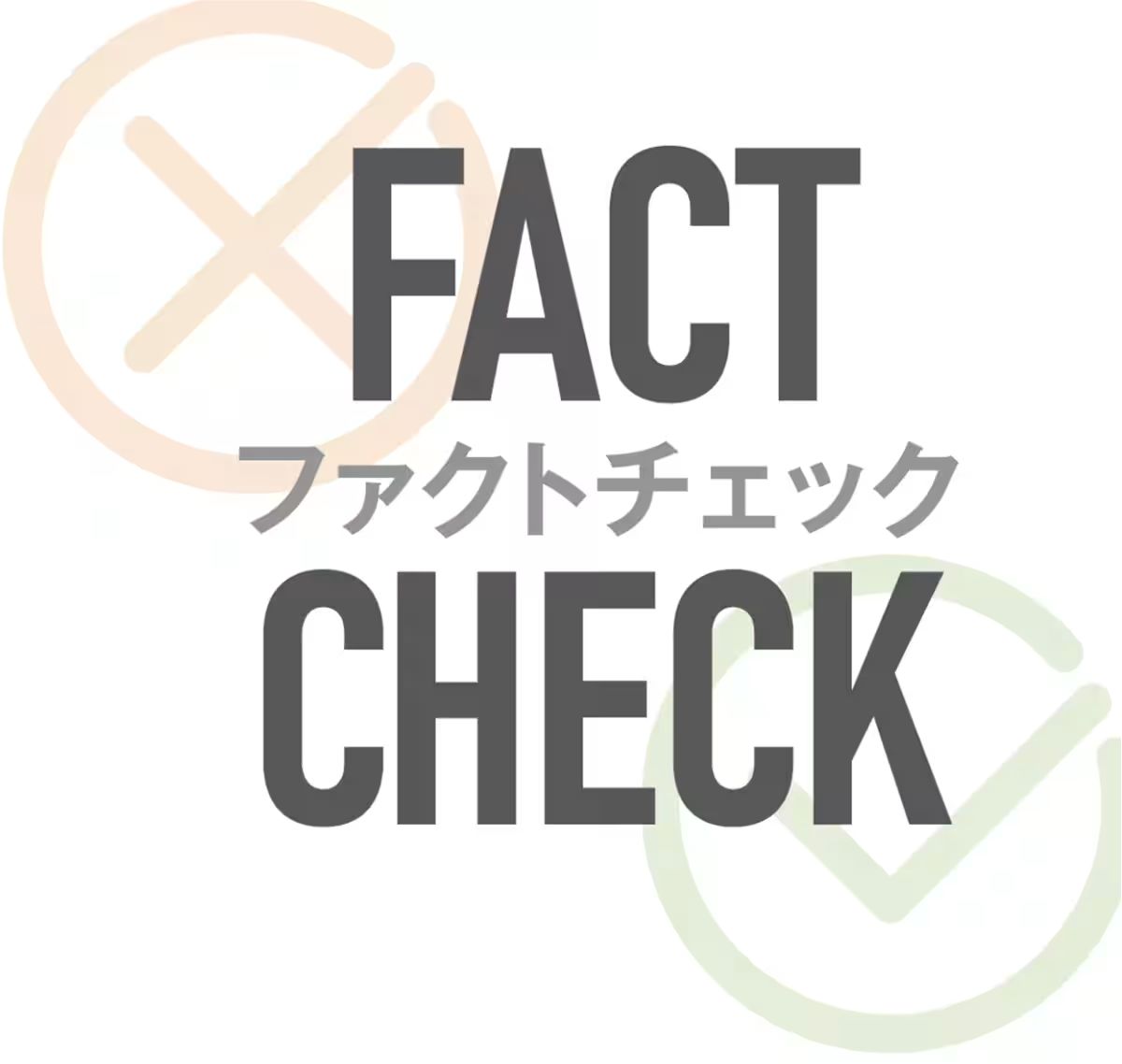


Topics Entertainment & Media)







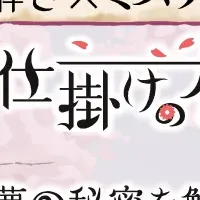


【About Using Articles】
You can freely use the title and article content by linking to the page where the article is posted.
※ Images cannot be used.
【About Links】
Links are free to use.